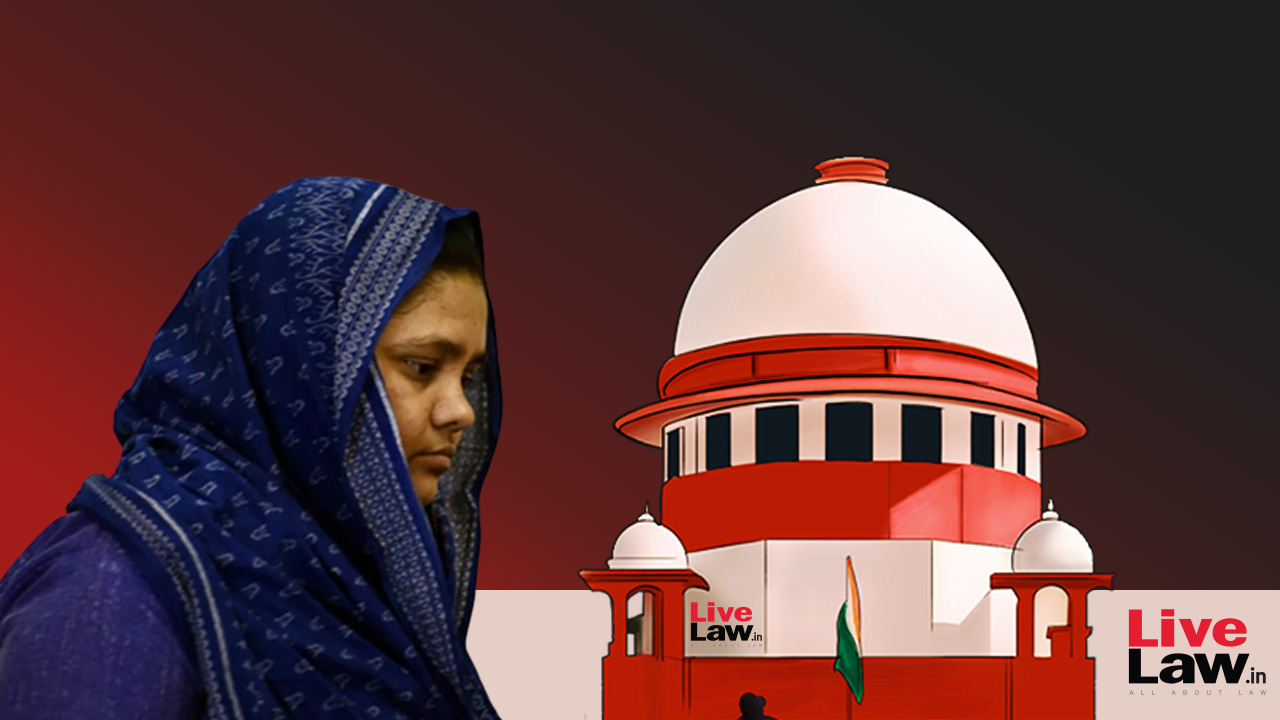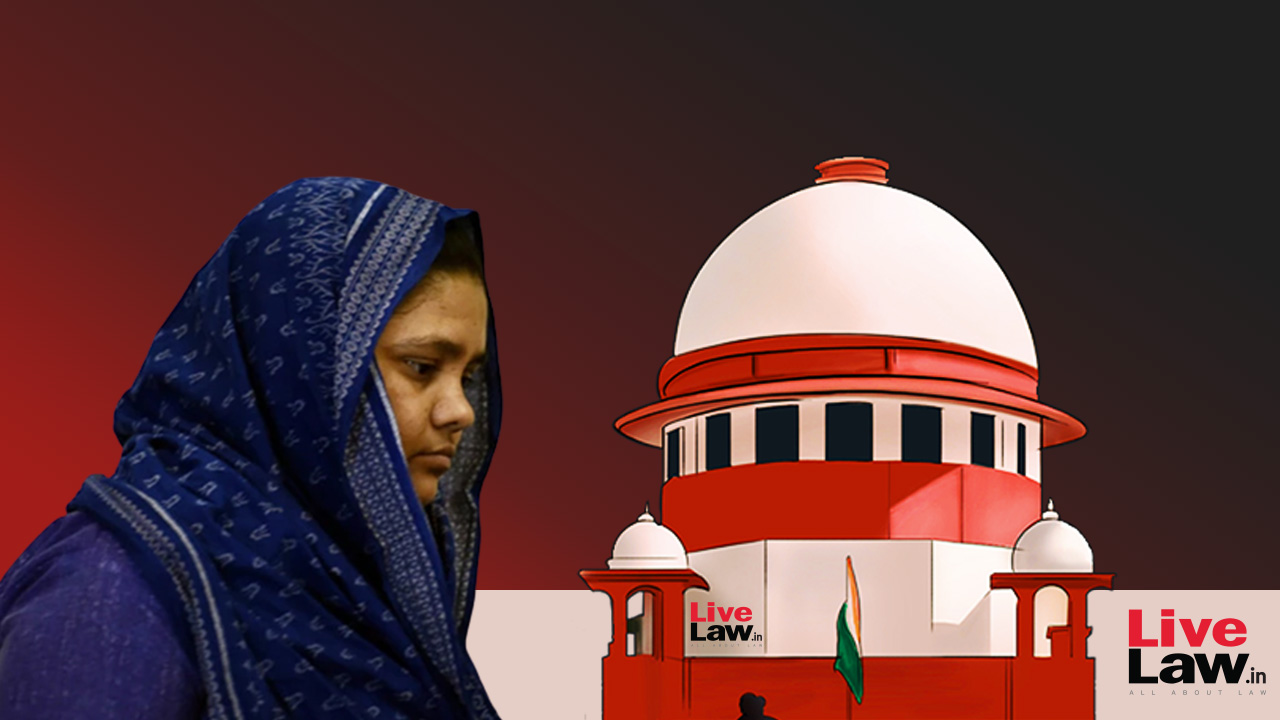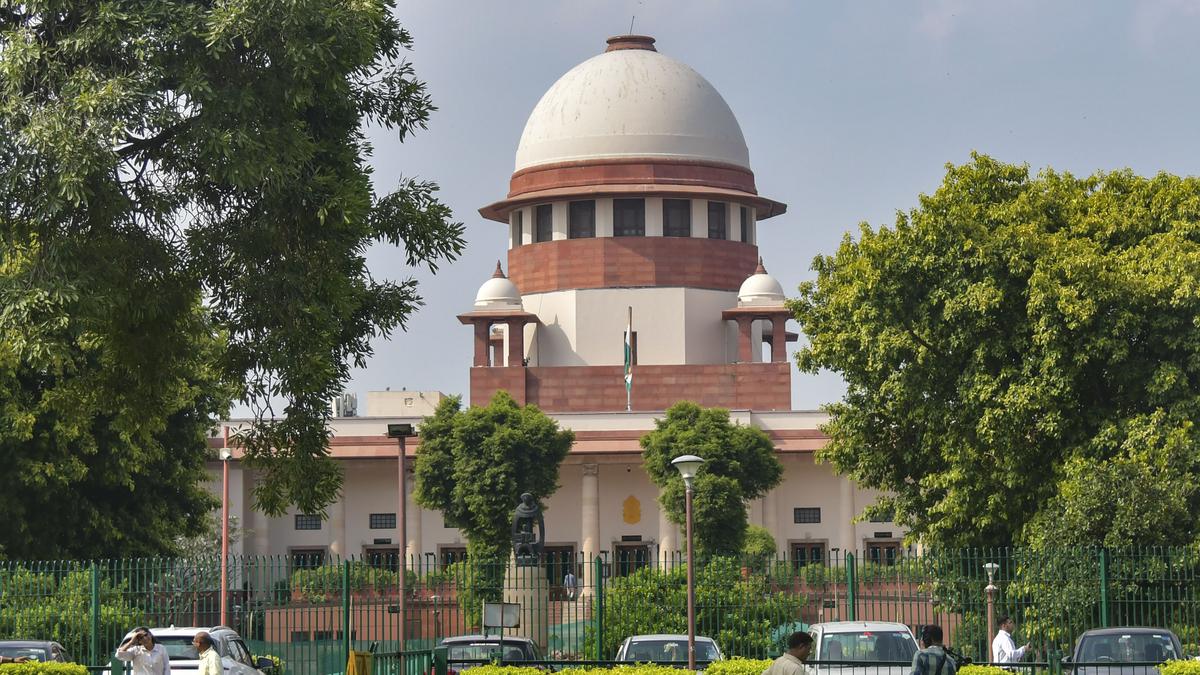Explained: The Bilkis Bano story
The HinduThe story so far: As India celebrated the 75th anniversary of Independence on Monday, 11 men sentenced to life imprisonment for the gang rape of Bilkis Yakub Rasool and the murder of seven of her family members during the 2002 Gujarat riots were released from jail in Godhra. It ruled that after the conclusion of trial and passing of the judgment, all further proceedings have to be considered “in terms of the policy which is applicable in the State of Gujarat where the crime was committed and not the State where the trial stands transferred and concluded for exceptional reasons under the orders of this court.” The apex court also directed Gujarat to consider the application for premature release under the “policy dated 9th July, 1992 which was existing at the time of his conviction”. Before deciding on the remission plea, the appropriate authority “may” Application in the Bilkis Bano case The decision of the Gujarat government not only triggered public outrage over the release of rapists and murderers, but experts also pointed out inconsistencies in remission policies that enabled the convicts to walk out of jail. Defending the decision of the Gujarat government, Gujarat’s Additional Chief Secretary Raj Kumar said the guidelines did not apply in the Bilkis Bano case since the SC had directed the State to take into account the 1992 policy. He also told The Indian Express that the prisoners were granted remission after taking into consideration of their “age, nature of the crime, behaviour in prison.” Questions have also been raised on whether the Gujarat government moved to grant remission without consultation with the Centre, as required under Section 435 of the CrPC.
History of this topic

Bilkis Bano case: Bengaluru Women activists demand arrest of convicts out on remission
New Indian Express
Bilkis Bano case: Five convicts seek more time to surrender, SC to hear plea on Jan 19
New Indian Express
Bilkis Bano and the wheels of justice
New Indian Express
How did India’s Supreme Court send Bilkis Bano’s rapists back to jail?
Al Jazeera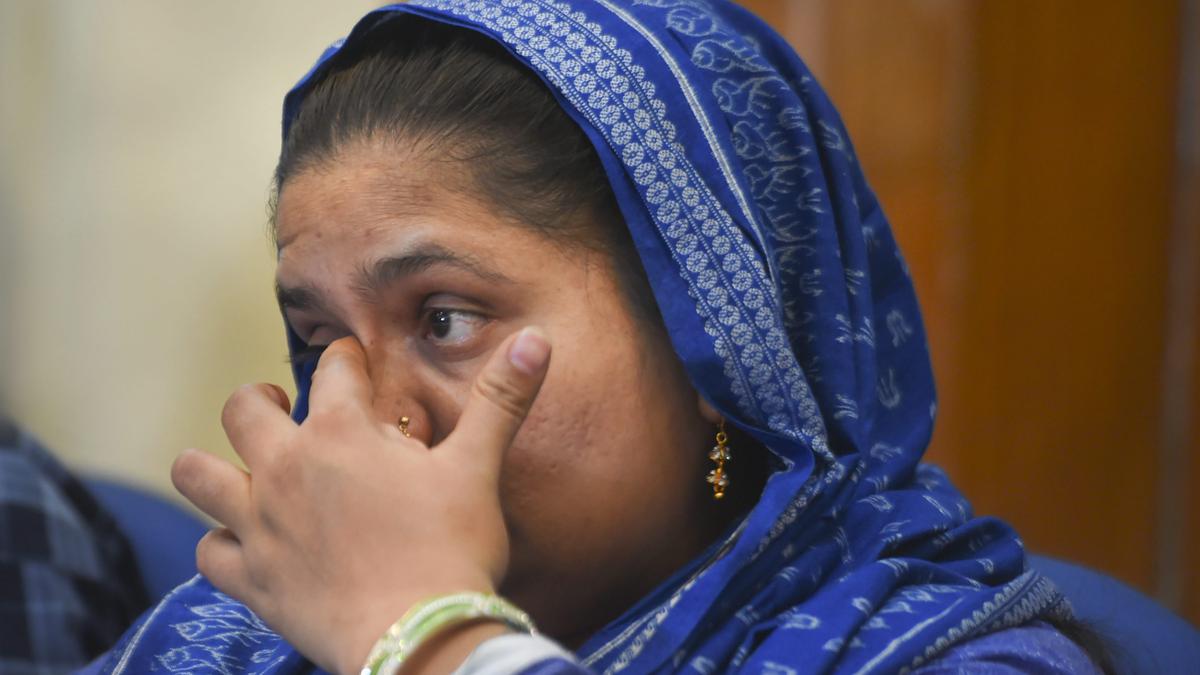
Bilkis Bano thanks Supreme Court
The HinduBilkis Bano case: Opposition parties hail Supreme Court verdict
The Hindu
Centre and Gujarat Govt Must Apologise to Bilkis Bano: Owaisi
Deccan Chronicle)
Bilkis Bano's rapists to return to jail: What is the 2002 case? Why were the convicts freed?
Firstpost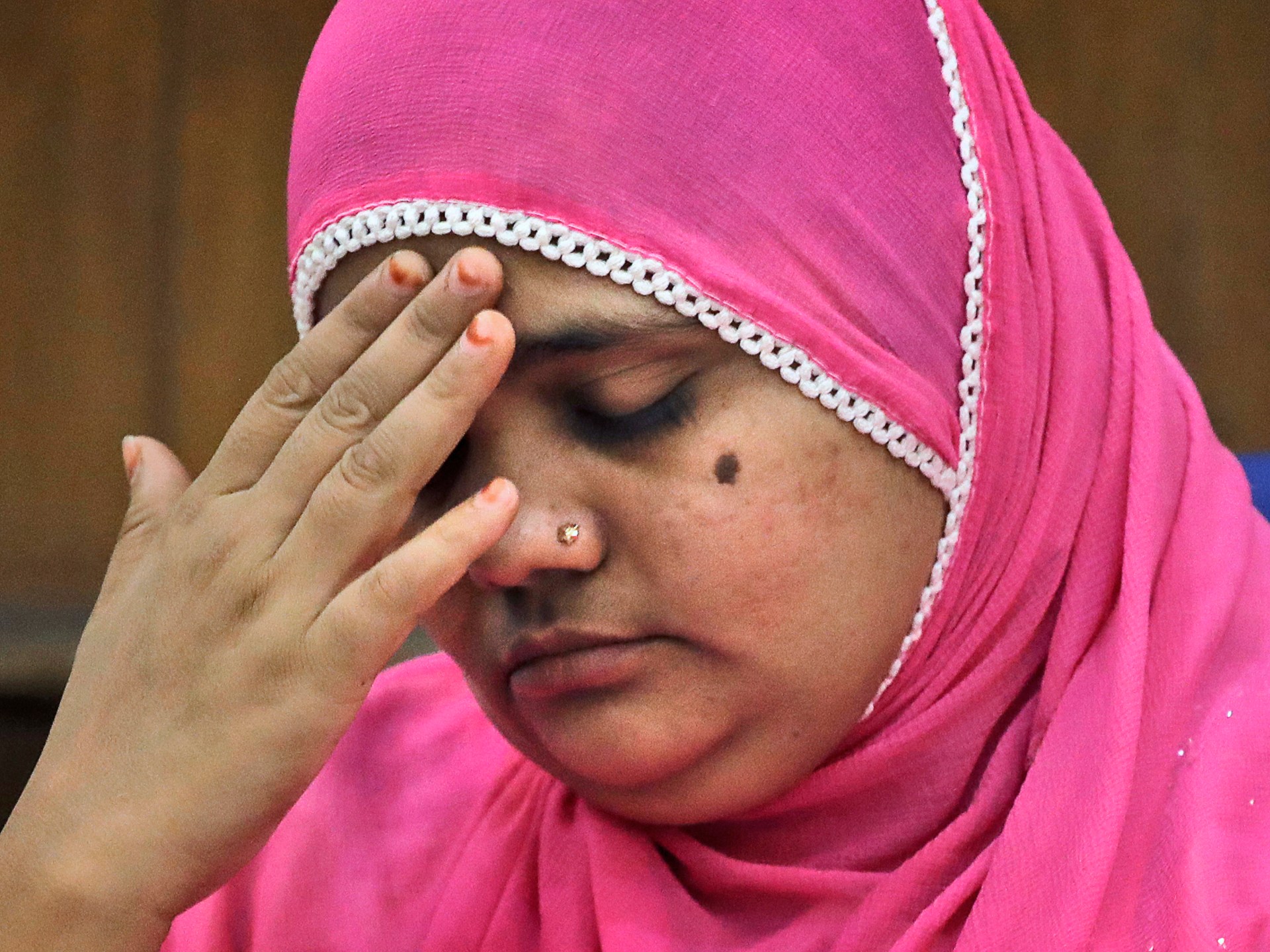
India court overrules early release of 11 men in Bilkis Bano gang rape case
Al Jazeera
Bilkis Bano Case: SC questions its own order, to hear matter today
Live Mint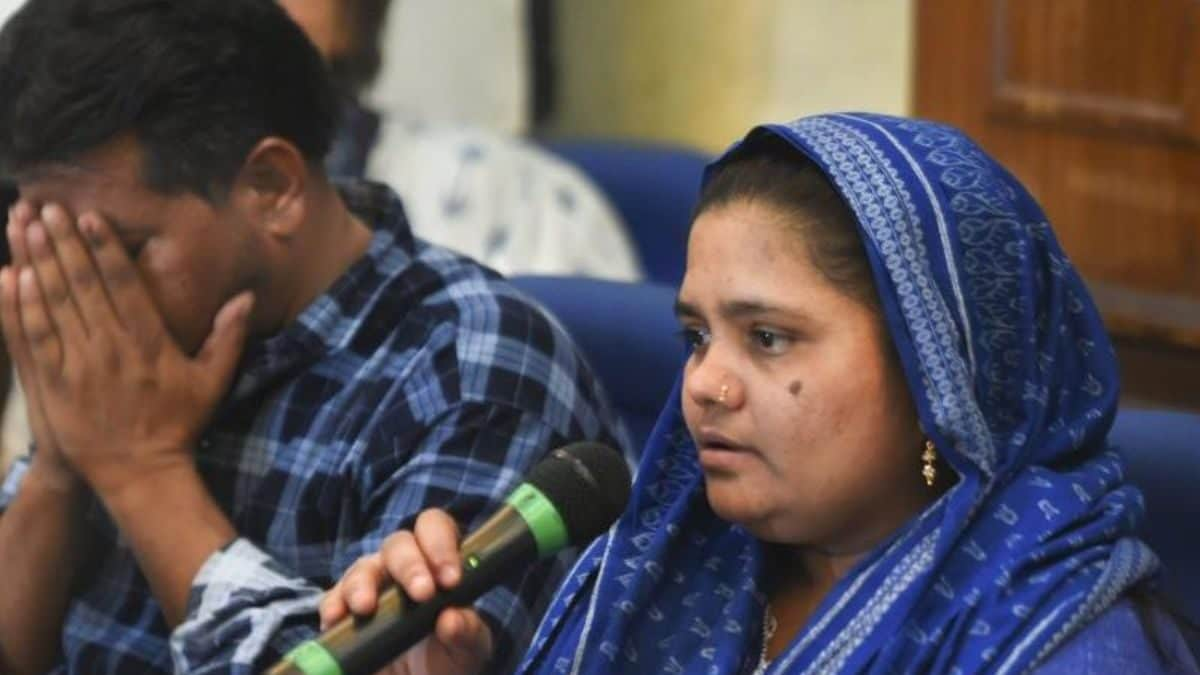
Bilkis Bano Case: SC Fixes Aug 7 for Final Hearing of Pleas Against Remission to Convicts
News 18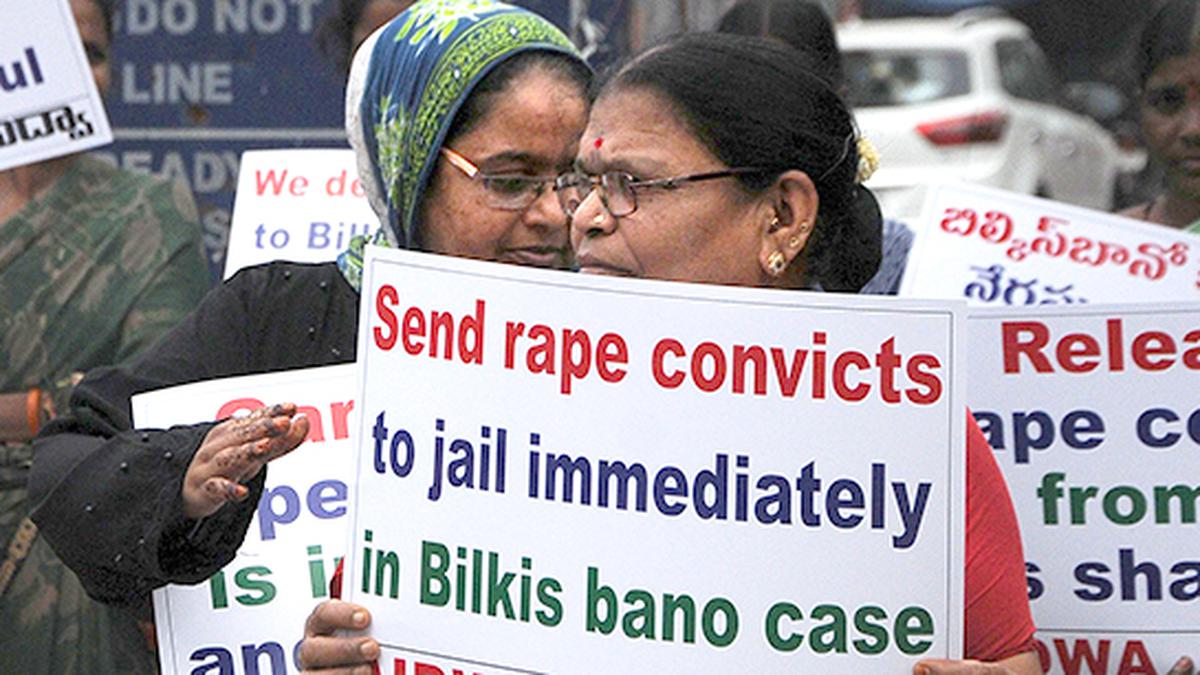
Ahead of SC hearing, short film voices miseries of Muslim women in Gujarat
The Hindu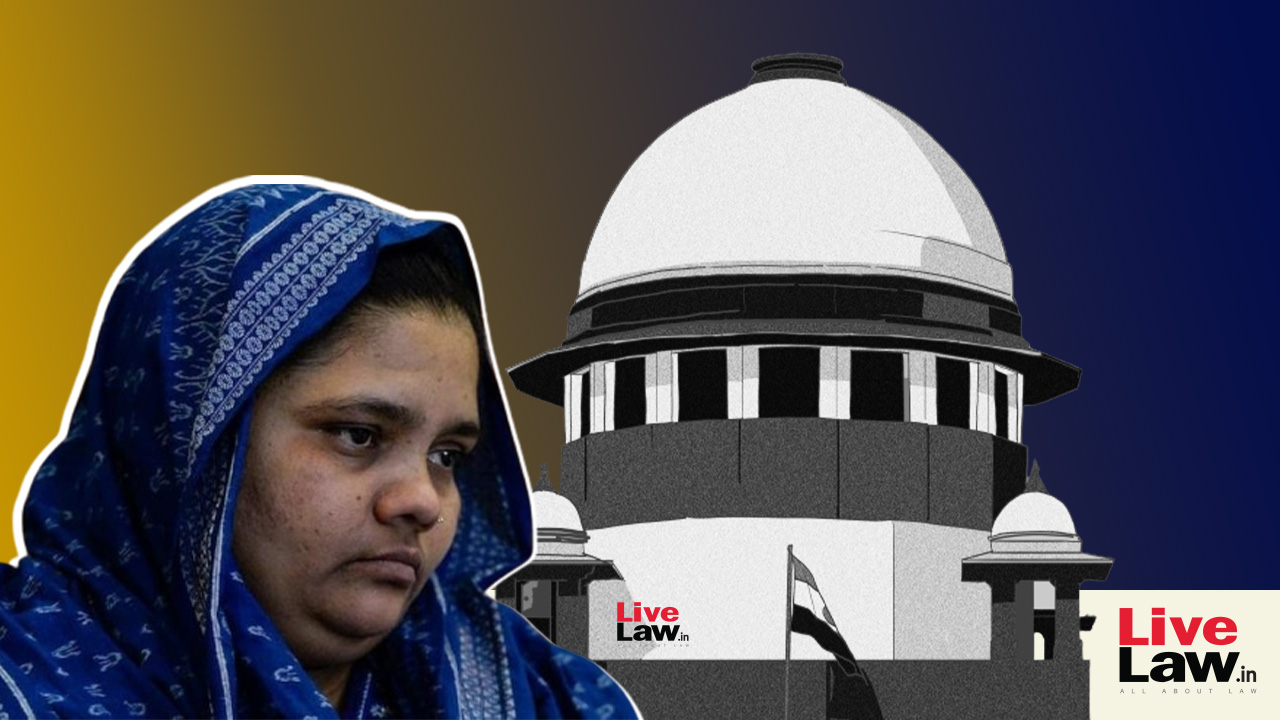
Bilkis Bano Case | Union & Gujarat Govt Agree to Share Files On Remission Of 11 Life Convicts After Initially Expressing Reluctance
Live LawBilkis case: Centre, Gujarat govt tell SC they may seek review of order
Deccan Chronicle
Bilkis Bano case convict shares stage with BJP MP and MLA at government event
The Hindu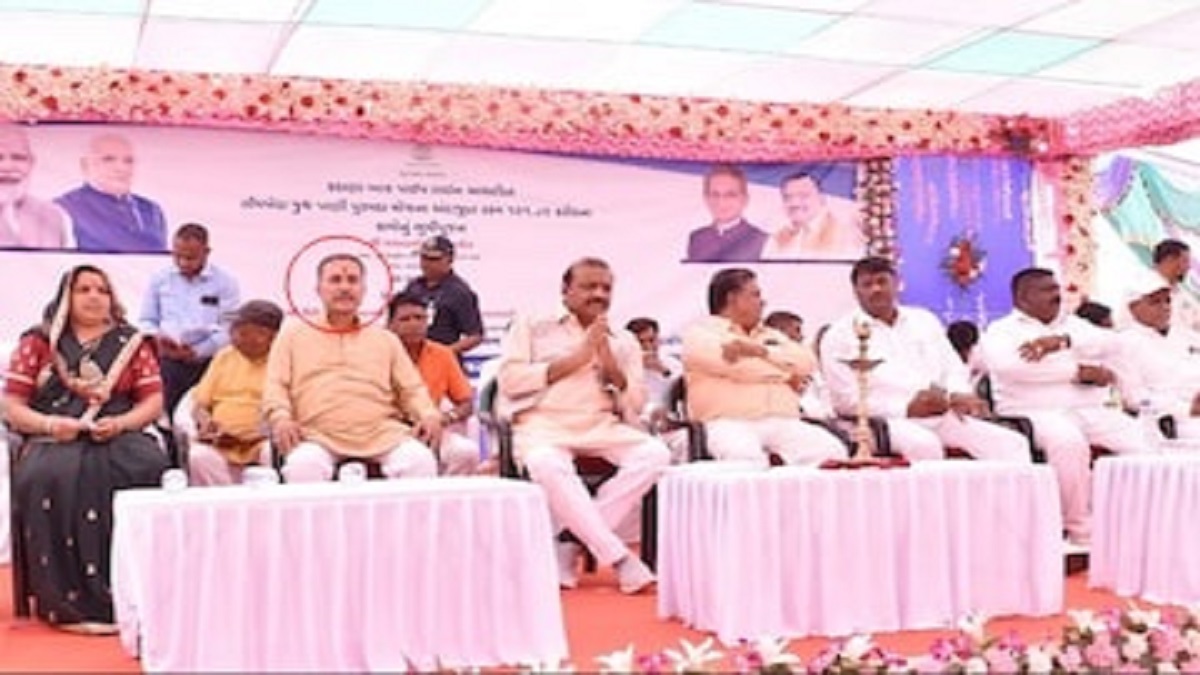
Bilkis Bano case convict seen sharing stage with BJP MP, MLA at Gujarat event; TMC's Mahua Moitra reacts
India TV News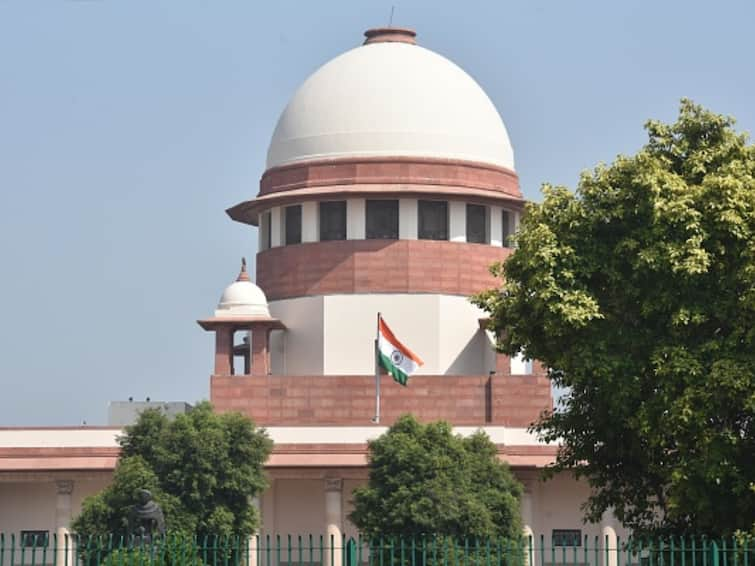
Bilkis Bano Case: SC Agrees To Constitute Bench To Hear Plea Challenging Release Of 11 Convicts
ABP News
Bilkis Bano case: Supreme Court assures listing of matter, setting up a special bench
India Today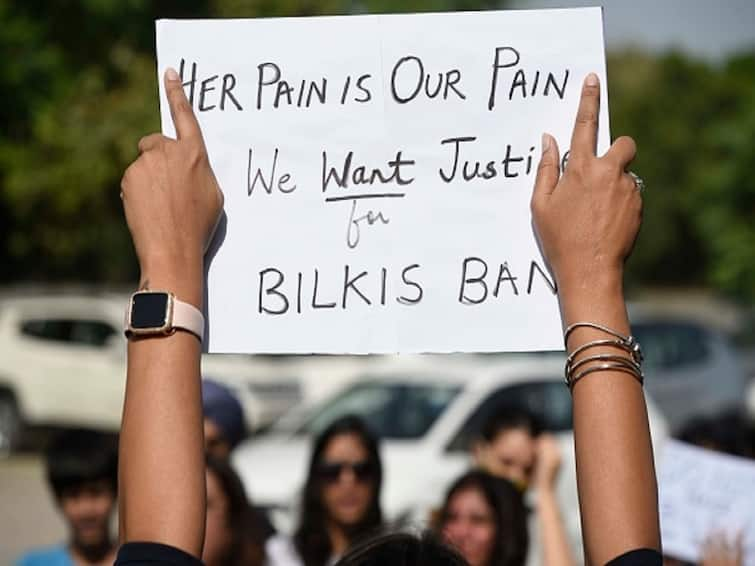
Plea Of Bilkis Bano Against Grant Of Remission To Convicts Could Not Be Heard In SC
ABP News
Will stand and fight again against what is wrong: Bilkis Bano
The Hindu
Will stand and fight again, says Bilkis Bano on remission to 11 convicts
Deccan Chronicle
Will stand and fight again: Bilkis Bano on decision to move Supreme Court over release of rapists
India Today)
Bilkis Bano moves Supreme Court: What was the gang-rape case and why were the convicts released?
Firstpost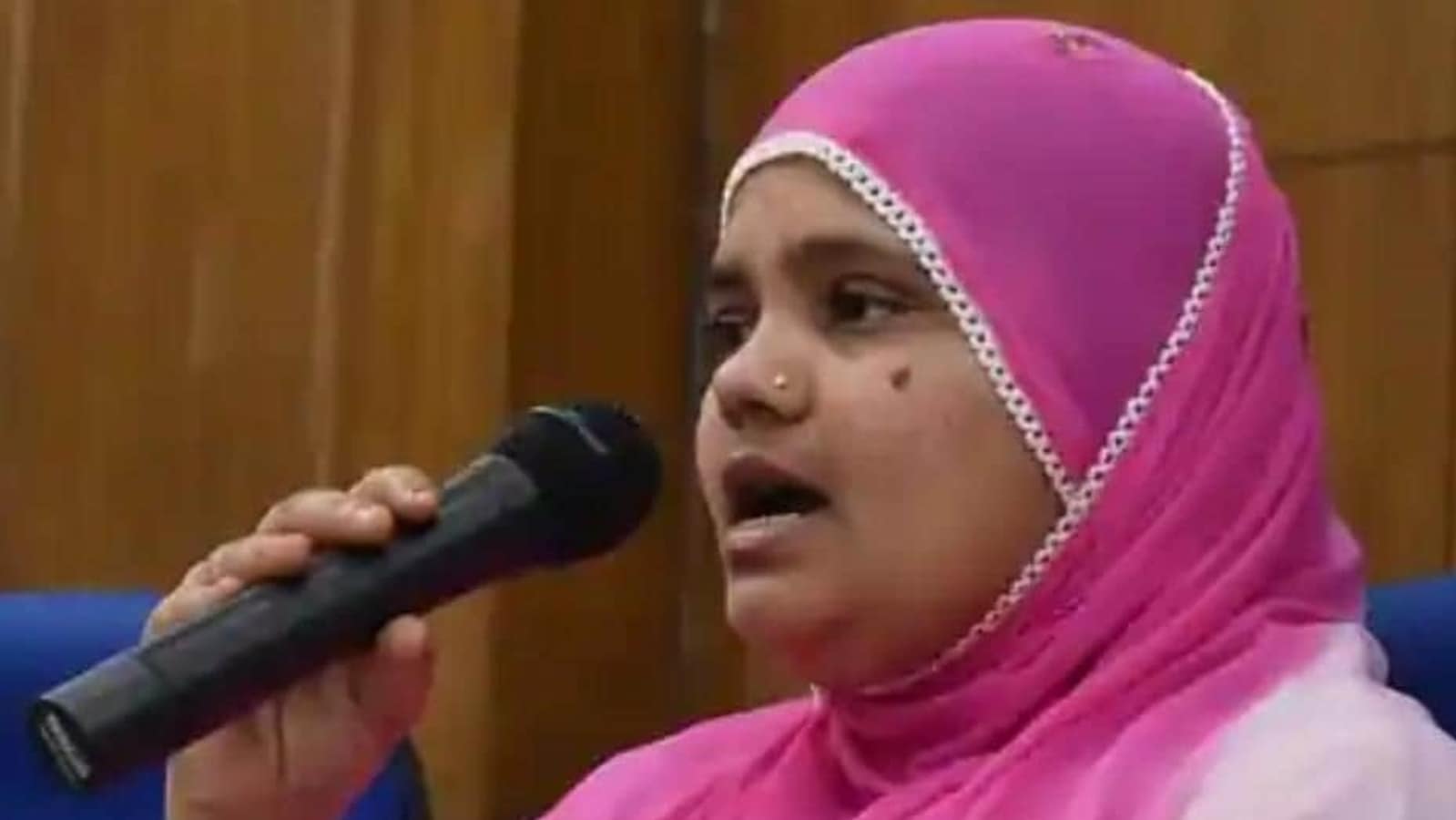
Bilkis Bano moves Supreme Court against release of 11 convicts, CJI to look into
Hindustan Times
Bilkis Bano case: SC to hear fresh plea filed by NGO challenging release of convicts
India Today
Release of Bilkis Bano's 'well behaved' rapists, outrage, petitions in court | A recap
India Today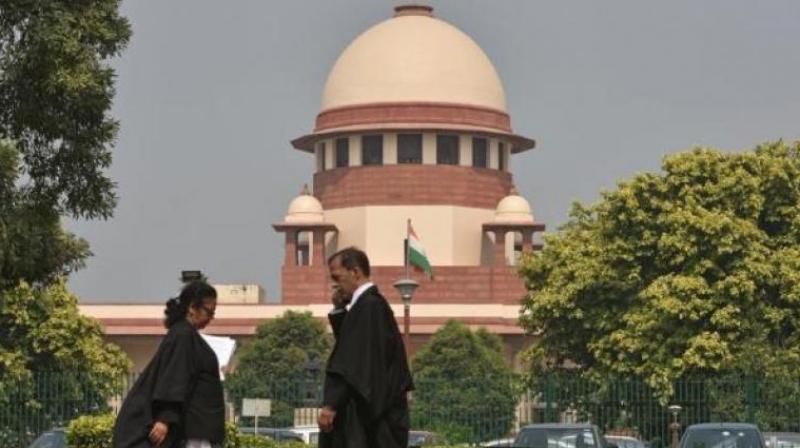
Bilkis Bano case: SC to hear pleas against release of 11 convicts on Nov 29
Deccan Chronicle
India’s Modi government approved release of Bilkis Bano’s rapists
Al Jazeera
Bilkis Bano's rapists released for good behaviour: Gujarat government in Supreme Court
India Today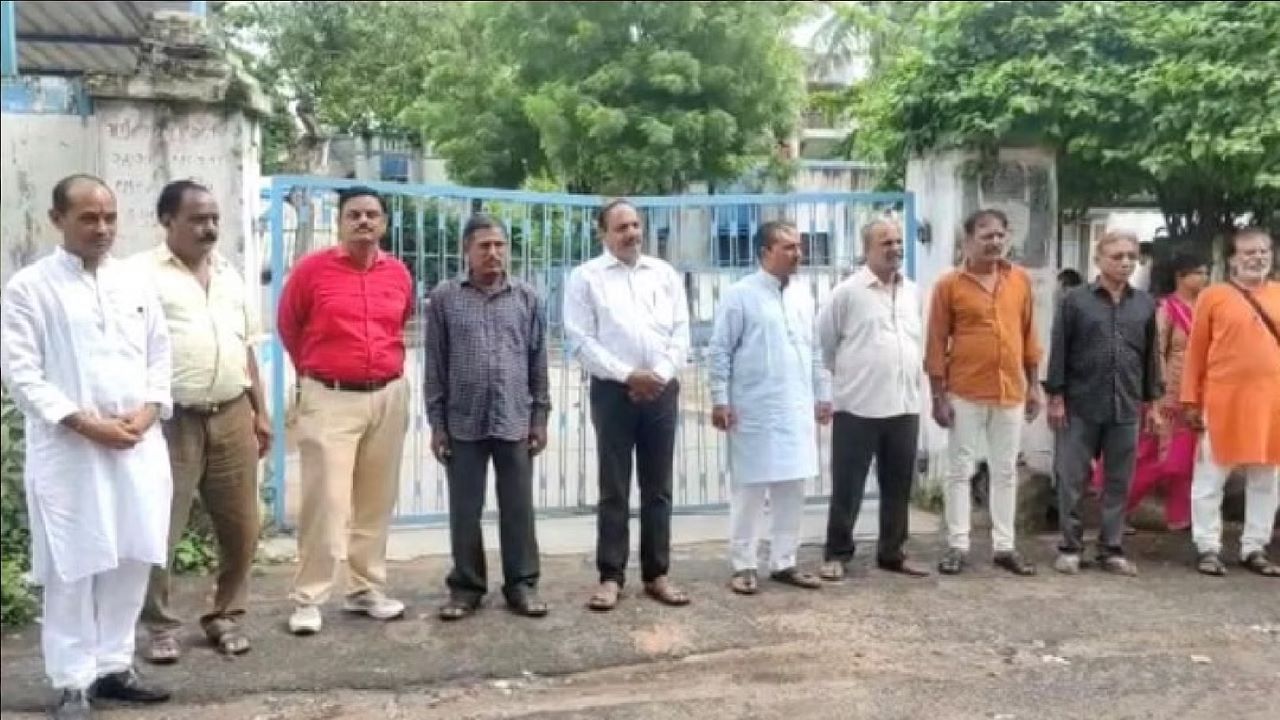
Convicts' Release In Bilkis Bano Case Abhorrent, Has Chilling Effect On Women Safety: NLSIU Alumni Statement
Live Law)
Bilkis Bano case: Activist Sandeep Pandey, three others detained in Gujarat ahead of foot march
Firstpost
Retired cop, senior bureaucrat move SC against release of Bilkis Bano case convicts
India Today
Bilkis Bano convicts flee village, kin says 'scared to be framed in false cases'
India Today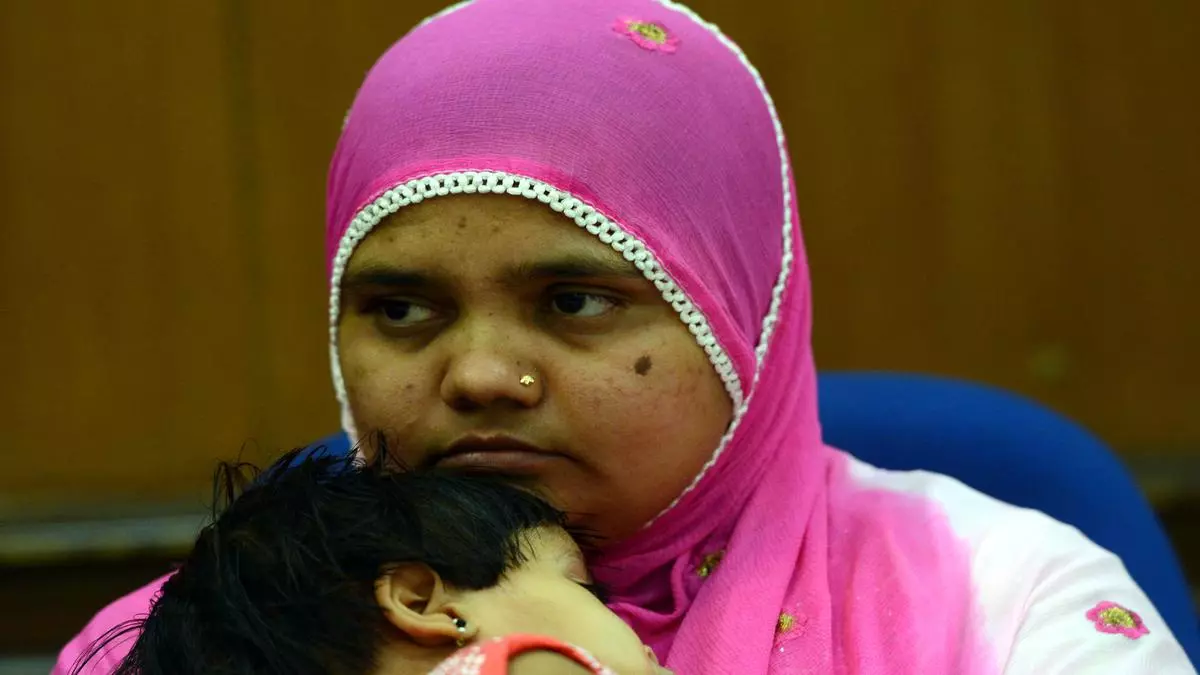
Justice for Bilkis Bano
The Hindu
AP organisations seek justice for Bilkis Bano
Deccan Chronicle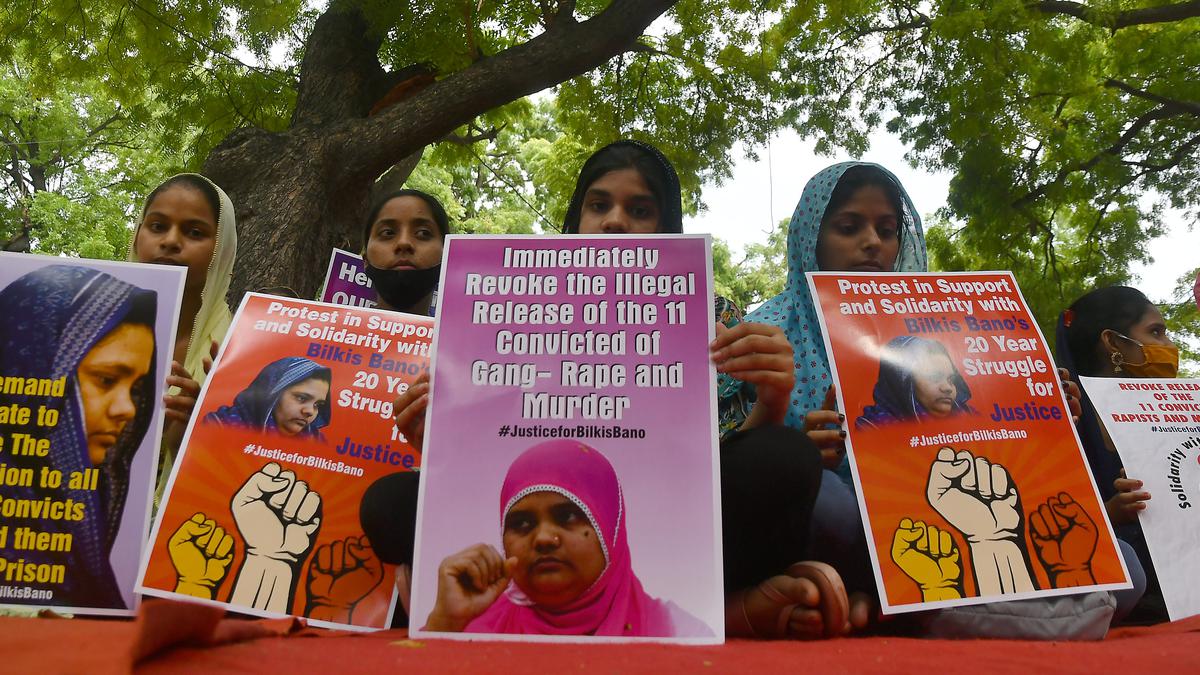
Explained | How did the Bilkis Bano convicts walk free?
The Hindu
Horrendously wrong: 134 ex-bureaucrats write to CJI over Bilkis Bano convicts' release
India Today
"Horrendous Wrong Decision":134 Former Civil Servants Write To CJI Seeking Revocation Of Gujarat Govt. Order Releasing Bilkis Bano's Case Convicts
Live Law
Bilkis Bano case: Will SC send 11 convicts back to jail? Pleas to be heard today
India Today
Bilkis Bano rape case: No justification for 'felicitation' of convicts, says Fadnavis
India Today
Bilkis Bano rape case: TMC MP Mahua Moitra moves SC against release of convicts
India Today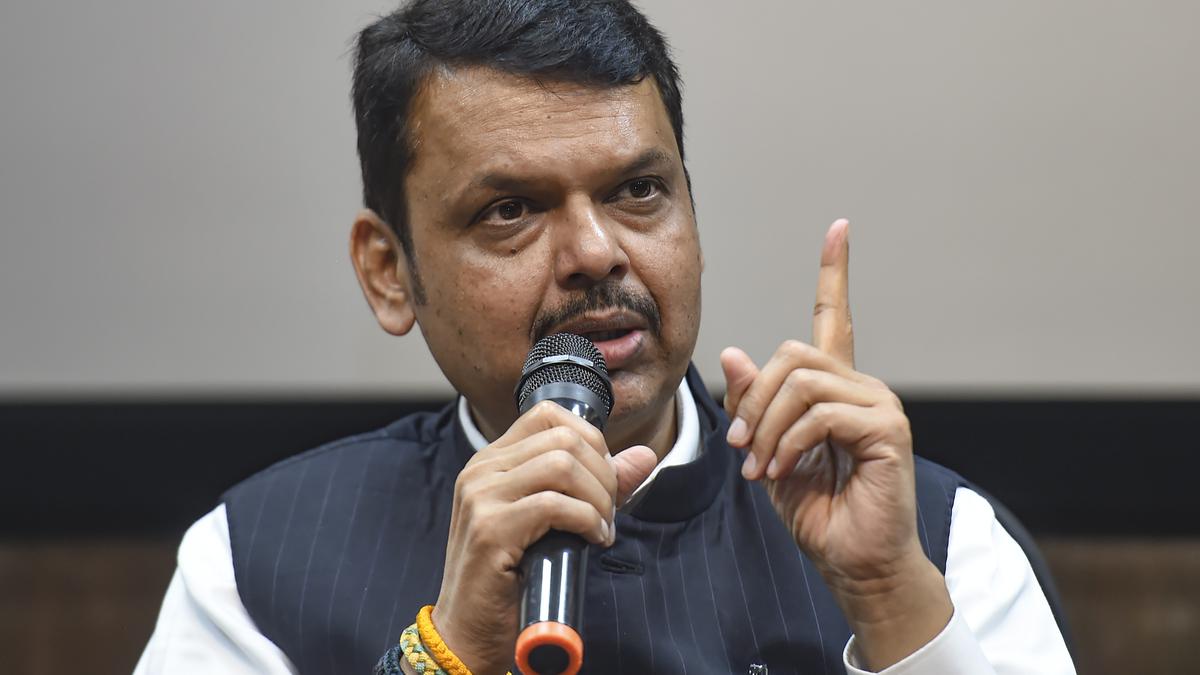
Release of Bilkis Bano case convicts | Wrong if they were felicitated, says Devendra Fadnavis
The Hindu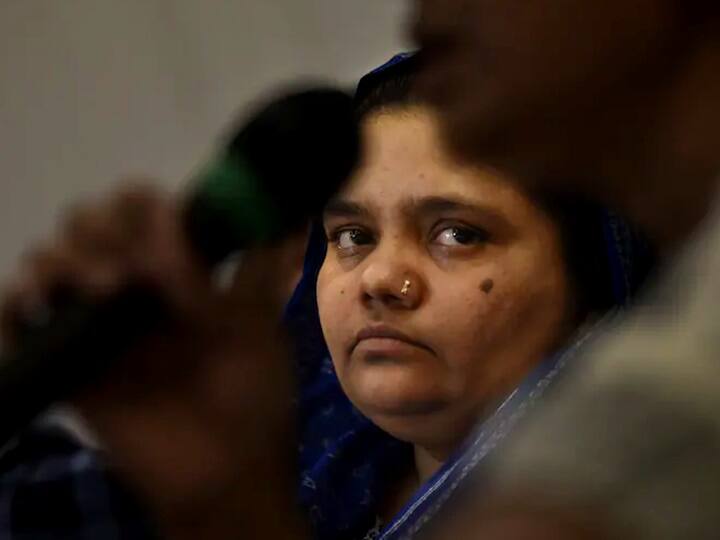
Bilkis Bano case: USCIRF condemns 'unjustified' release of 11 convicts, 'part of a pattern of impunity in India':
ABP News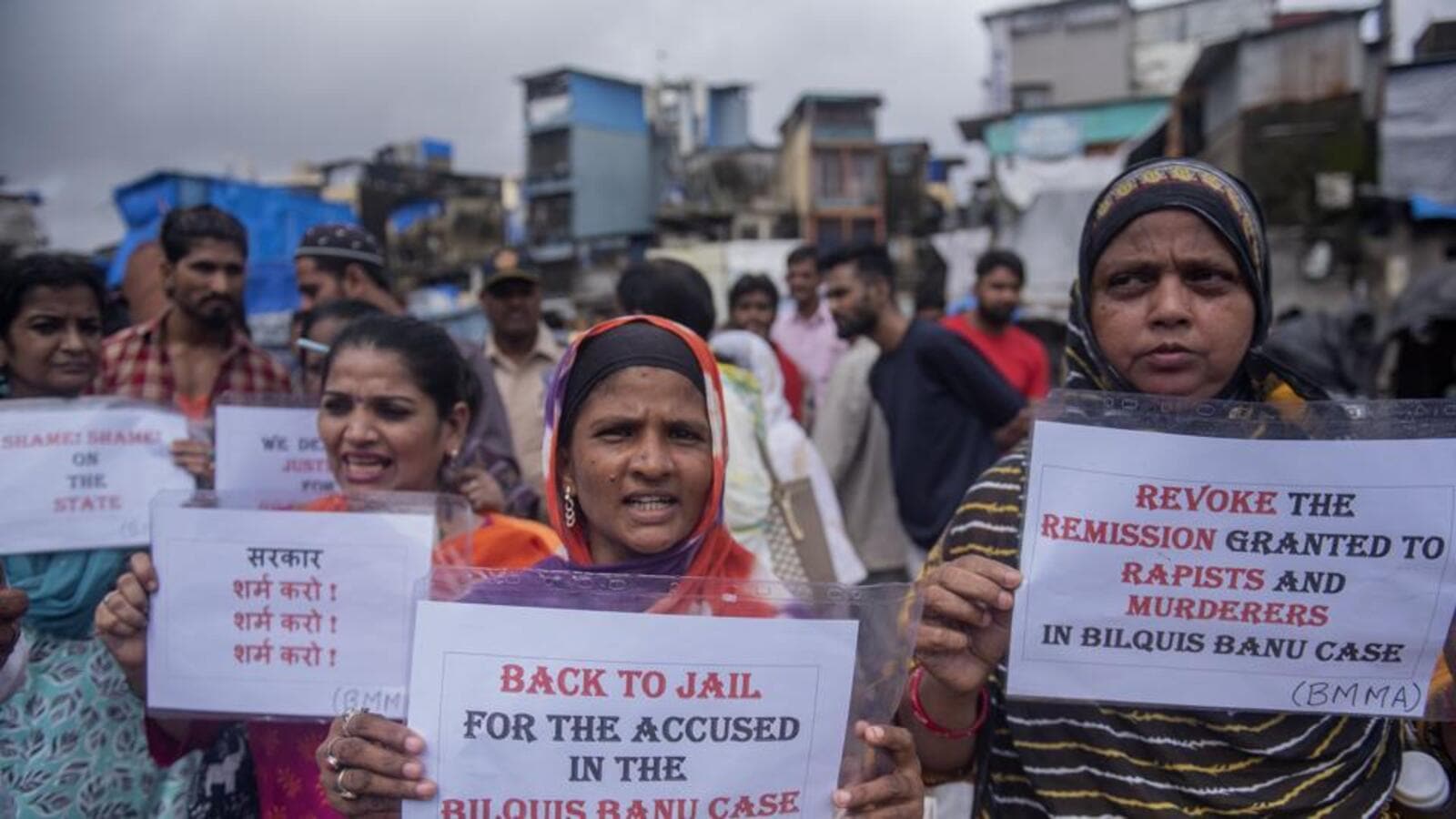
Bilkis case convicts threatened witnesses in past, show records
Hindustan Times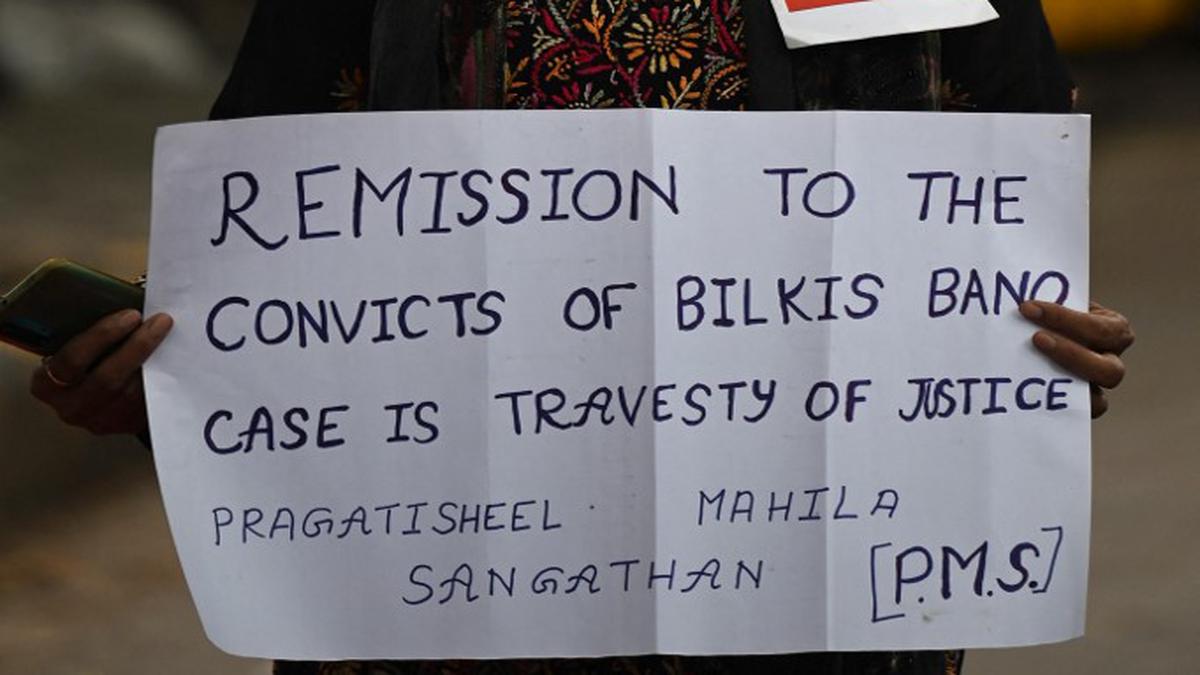
Bilkis Bano case | Past verdicts will hold Supreme Court in good stead to examine premature release of convicts
The HinduSome convicts in Bilkis Bano case are 'Brahmins with good sanskaar', says Gujarat BJP MLA
The Hindu
Bilkis Bano case: Activists, historians among 6,000 urge SC to revoke release of convicts
India Today‘Bilkis Bano convicts released against Central guidelines’
The Hindu
Welcoming Bilkis Bano's Rapists 'Slap on the Face of Just Society', Says TRS MLC Kavitha
News 18Discover Related



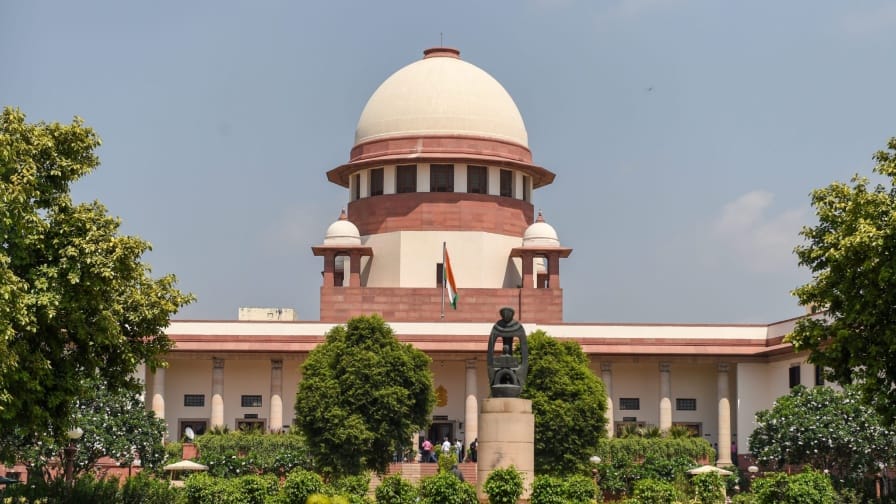
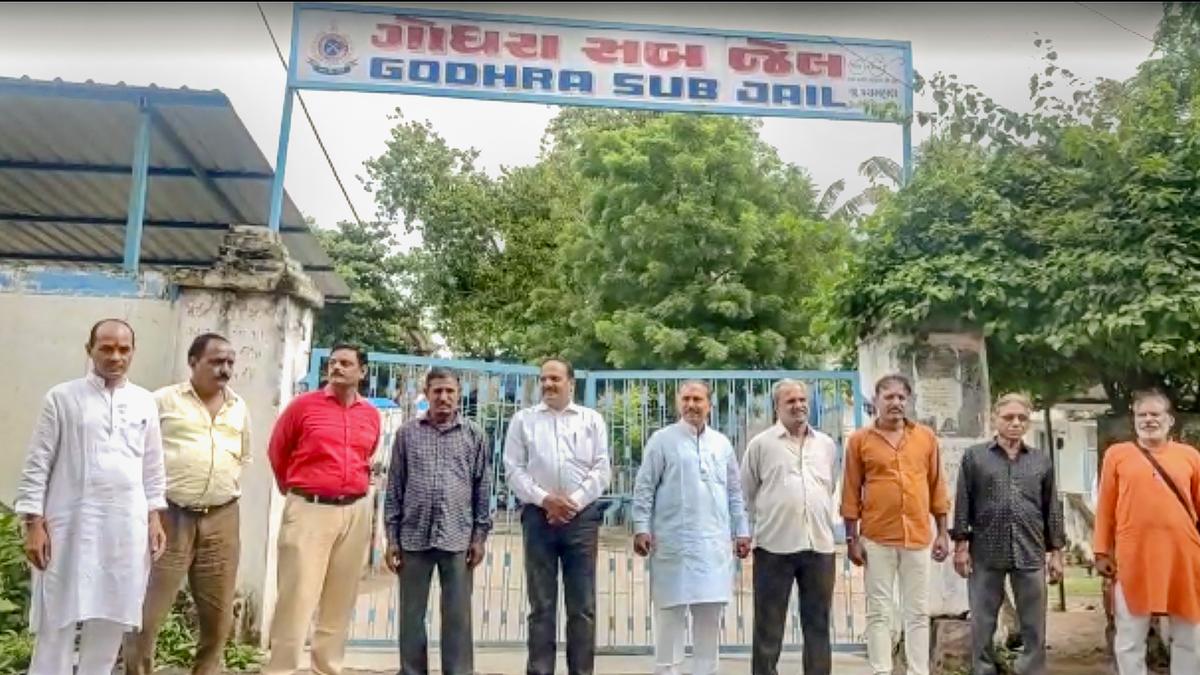
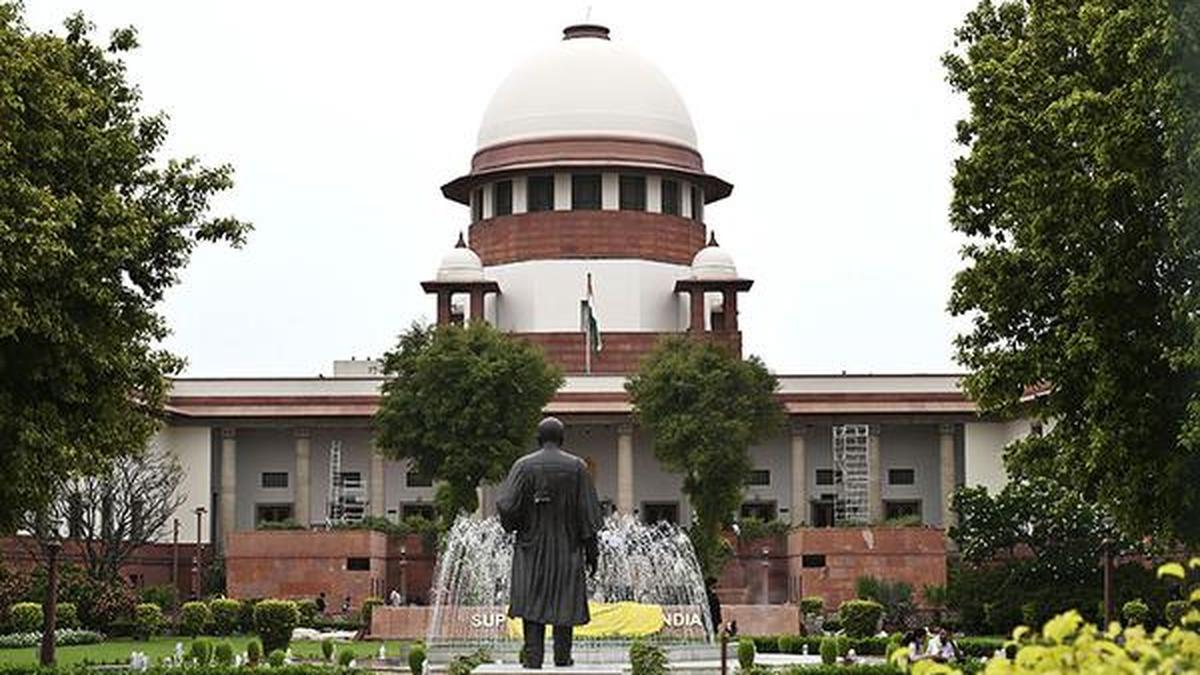


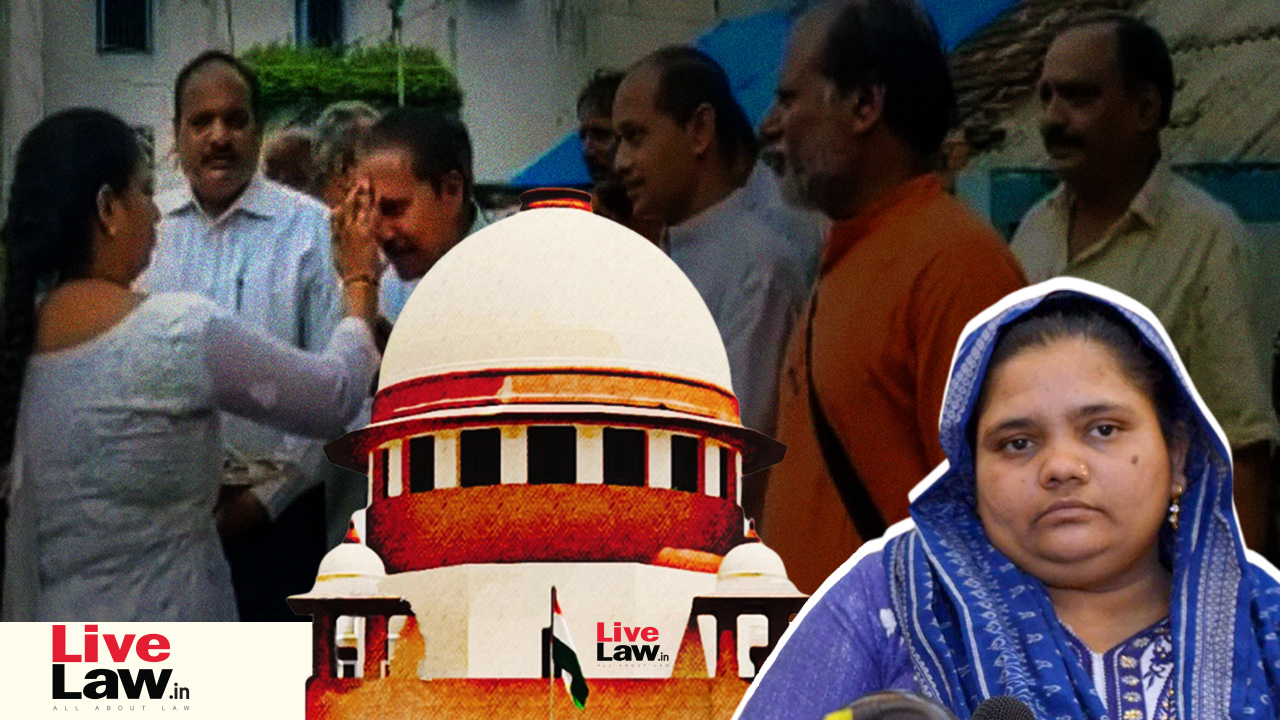
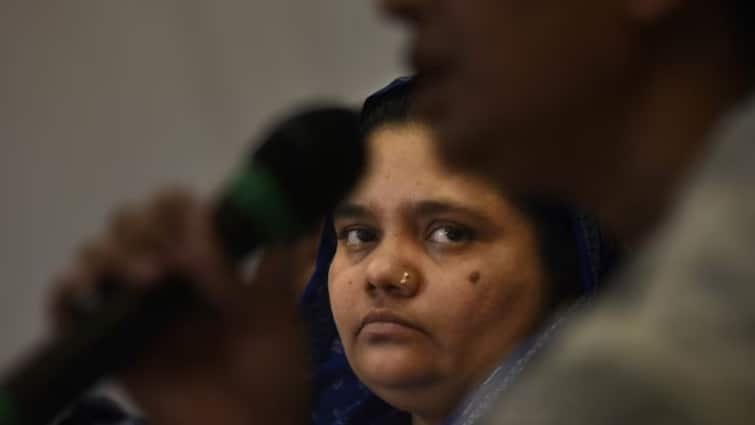

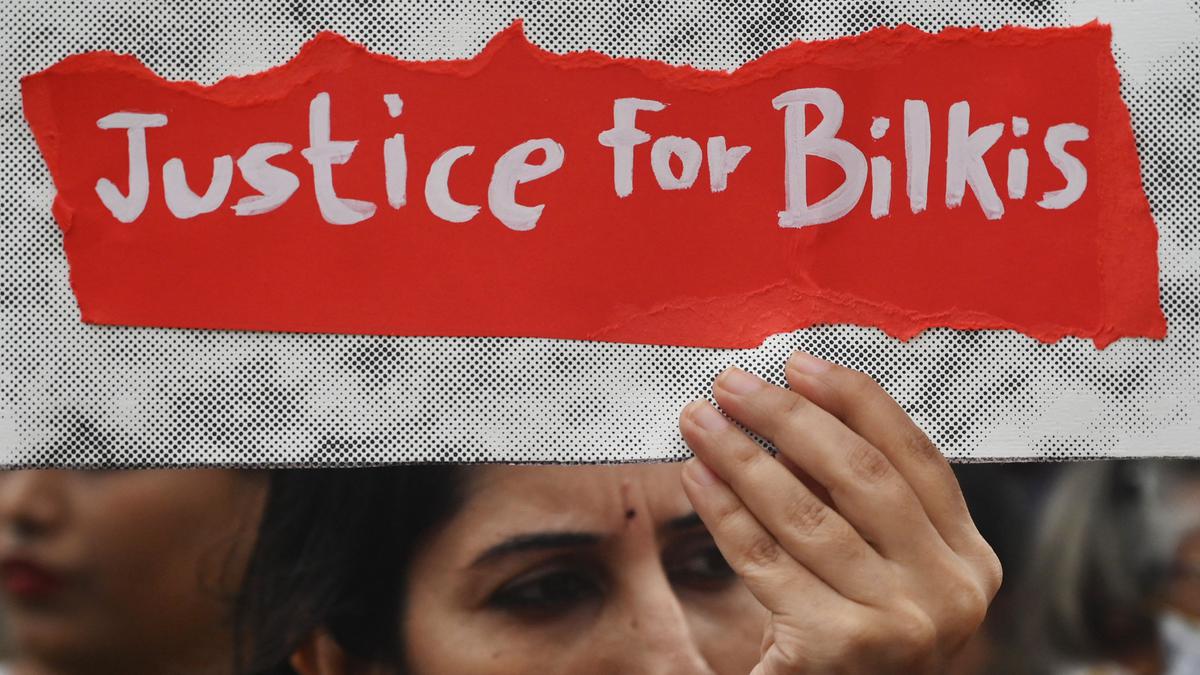
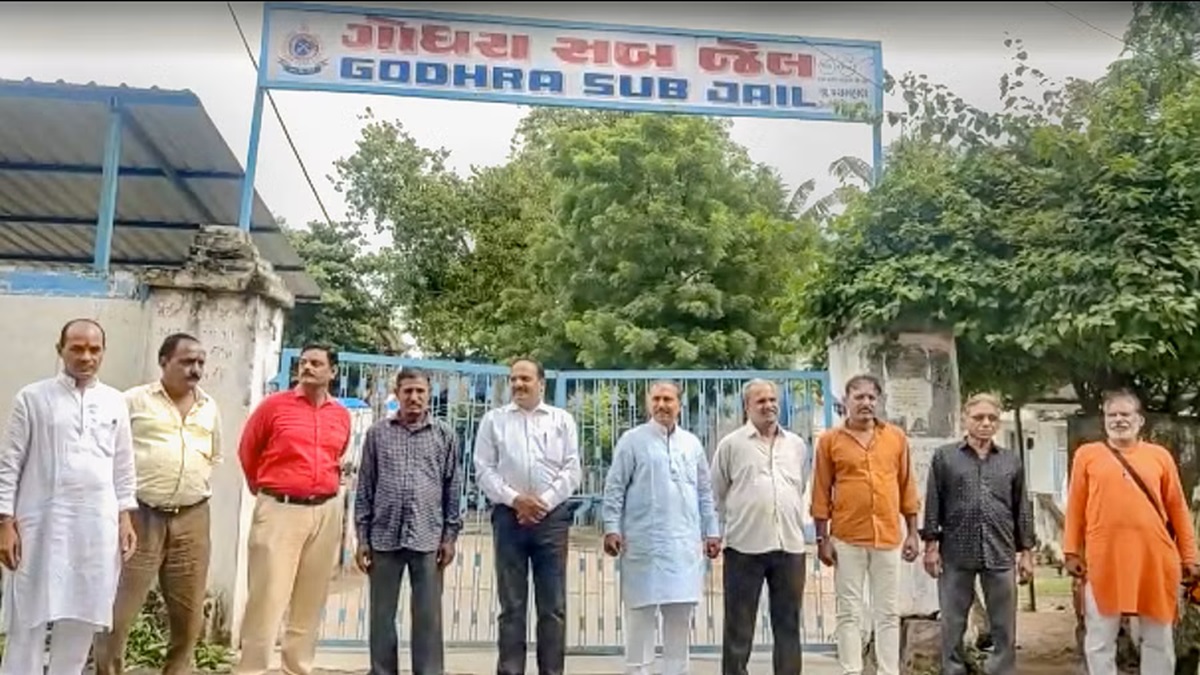





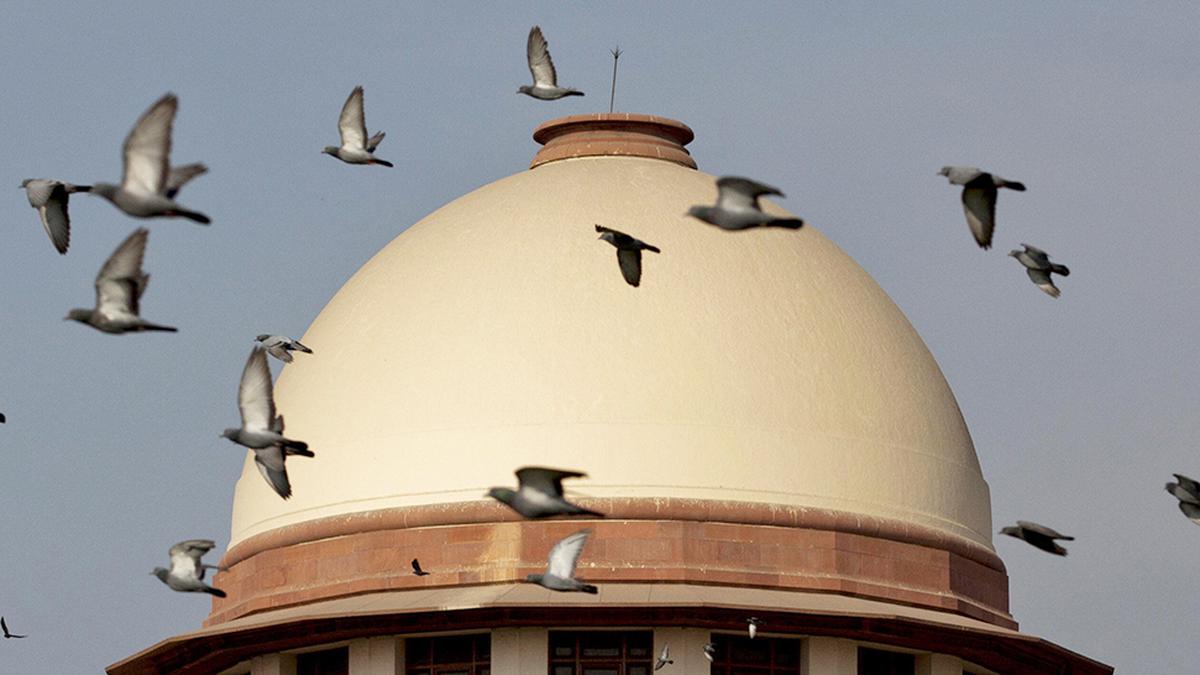
)

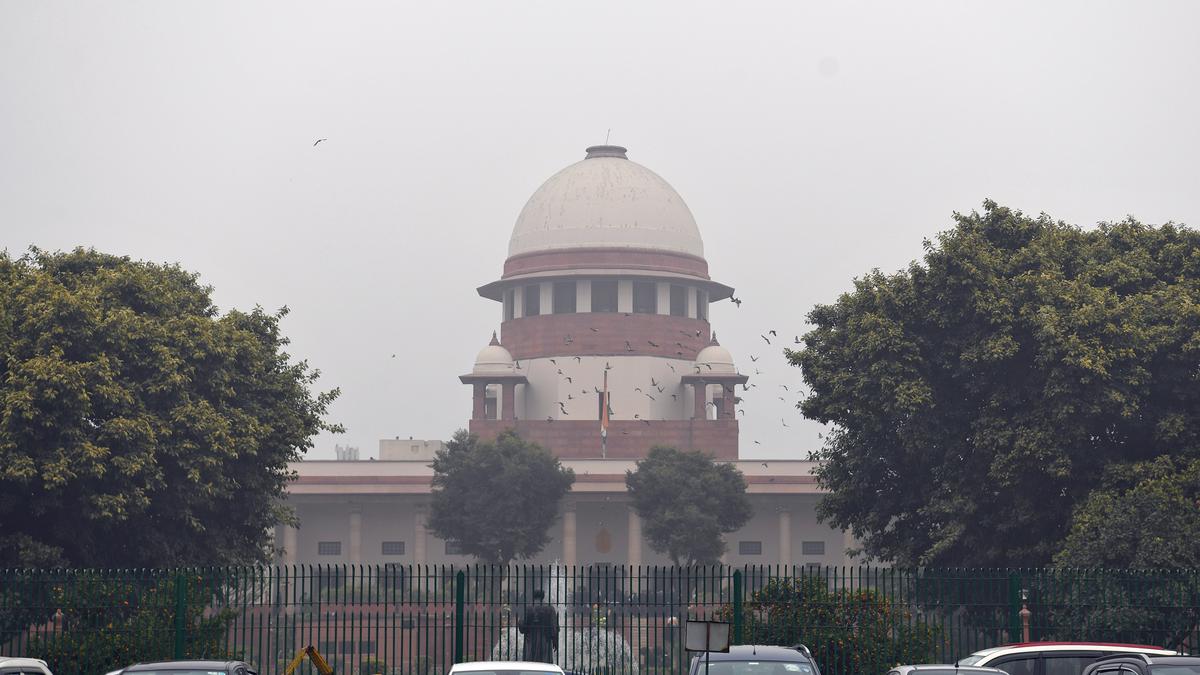

)


